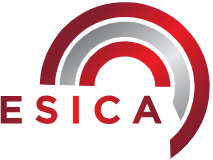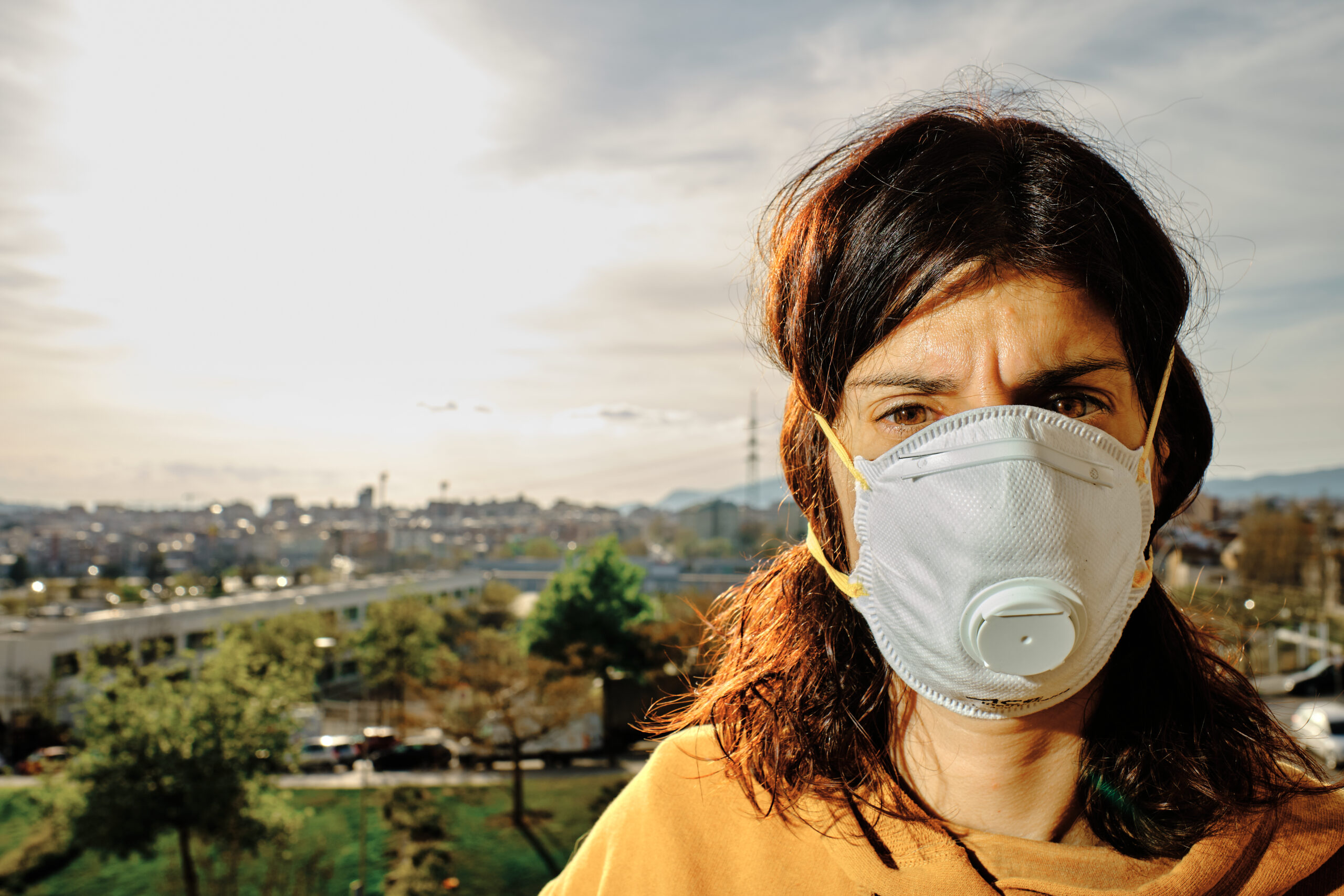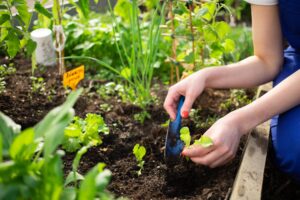Pollution is a pervasive environmental issue that affects urban and rural areas alike, posing significant risks to human health and well-being. Workshops designed to educate participants about the types and sources of pollution, as well as their health impacts, serve as critical platforms for raising awareness and prompting community action.
The sessions typically begin with an introduction to the different types of pollution—air, water, soil, and noise—each detailed with common sources and examples to illustrate how these pollutants enter our environments. This foundational knowledge helps participants identify pollution in their own surroundings, which is essential for understanding its direct effects on their health.
Following the introduction, the workshops engage participants in activities such as Pollution Source Mapping. This interactive digital tool allows individuals to map pollution sources in their local area, making the issue more relevant and personalized. By connecting pollution to familiar locations, participants are better able to recognize the urgency and importance of tackling pollution.
Health impacts are a major focus of these sessions. Through video presentations and guided discussions, facilitators explain the immediate and long-term health effects of exposure to different pollutants. For instance, air pollution’s role in respiratory and cardiovascular diseases is highlighted, along with water pollution’s impact on gastrointestinal and skin health. These discussions not only inform participants about the risks but also empower them with knowledge to protect themselves and their families.
To reinforce the learning objectives, workshops often include interactive games like the Pollution and Health Impact Cards. This game involves matching pollution types to their health impacts, enhancing retention of information through engagement. It also challenges common misconceptions about pollution, adding a critical thinking element to the learning process.
By the end of these workshops, participants are not just more informed about the types and effects of pollution but are also motivated to take action. They are encouraged to participate in community clean-up efforts, advocate for policies that reduce pollution, and implement personal changes that contribute to healthier, cleaner environments.






